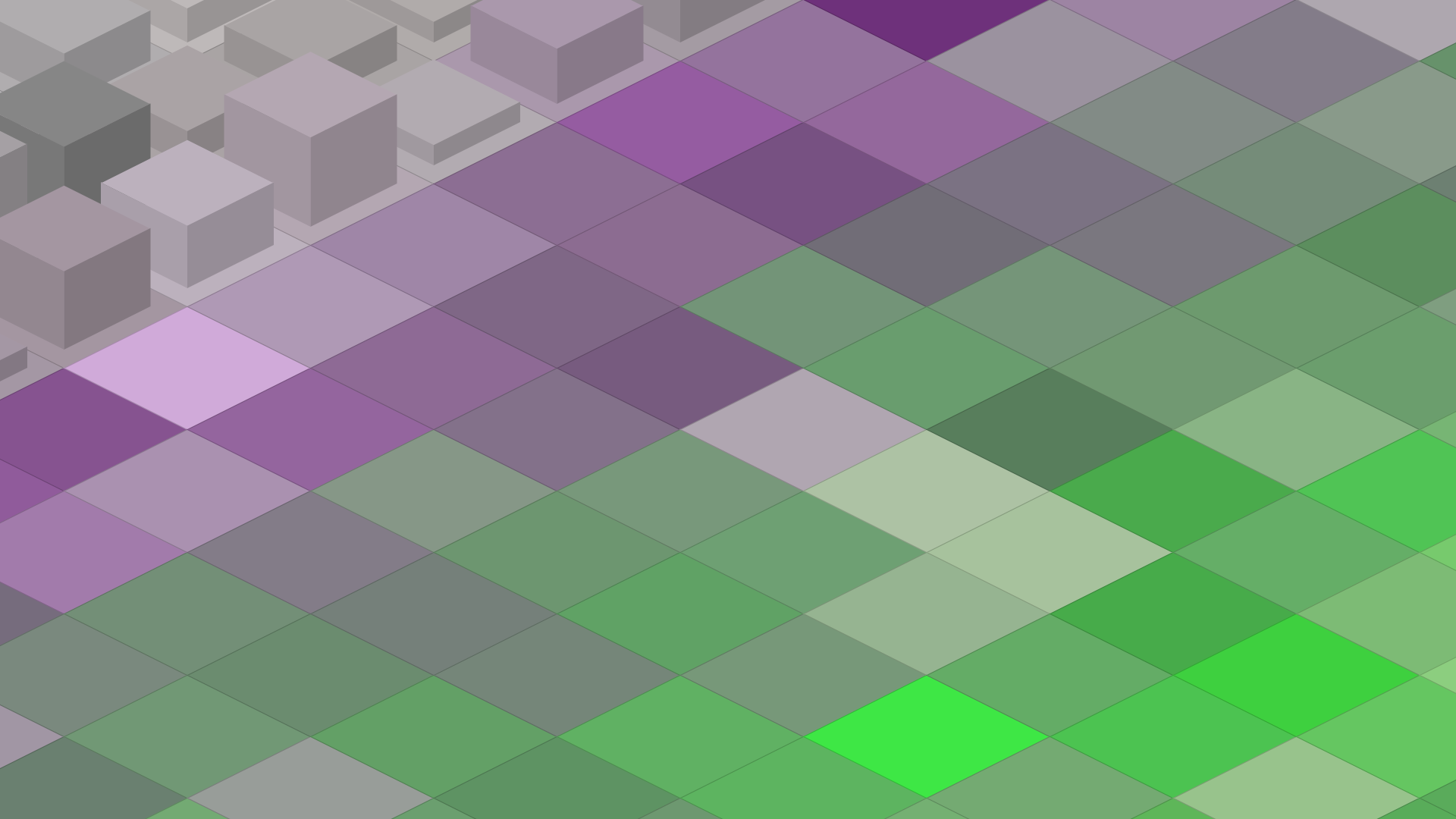
The Île-de-France region is epitomised by diversity: diversity of history, diversity of territories, diversity of its inhabitants and of culture and arts. |The Ile-de-France region covers 1.2 million hectares of which 239,000 are built up areas, 687,000 ha are natural areas or farmland and 280,000 ha are forests.
It is the most important French region regarding population (about 12 millions inhabitants) and economic weight (29% of national wealth). Île-de-France is formed of 8 departments including the capital Paris. Nine out of ten inhabitants live in urban areas.
The open spaces are very important in Île-de-France just because they cover more than half of the territory. Île-de-France is still the leading French region in agricultural production. The production is essentially wheat. But in addition to agriculture these open spaces have other important functions both social and environmental. Socially, they are indispensable for the population for sports, leisure, walking etc. Environmentally, they are vital for maintenance of the complex regional ecosystem. Peri-urban open spaces are a precious resource requiring careful management and preservation.
The major competencies of the Regional Council are economic development, education, transport, spatial planning, and environment. It is a democratic institution with a Regional Assembly (209 elected representatives) and an Executive (with a President and 15 Vice-Chairman) and an administration (1,500 people).

P. Guignard, Bussy Saint Georges 77
General data:
| Country: | France |
| Total area: | 1.207.200 |
| Population: | 11.000.000 |
| Density: | 911 hab/km2 |
| Agriculture land use: | 52 % |
| Arable land: | 94 % |
| Main economic activities: | Services, Commerce and Construction |
| Main agricultural products: | Cereals, vegetables, winter colza, sugar beet |
Last updated: 16 April, 2020

Île de France

Land use map - peri-urban Île de France
Region Ile-de-France
Represented by the Conseil Regional
(vacant)
Members of the PURPLE Working Group
Mathieu Simon
Ile-de-France Europe
10 rue Montoyer, B-1000 Bruxelles
Tel: 0032-2-289251
